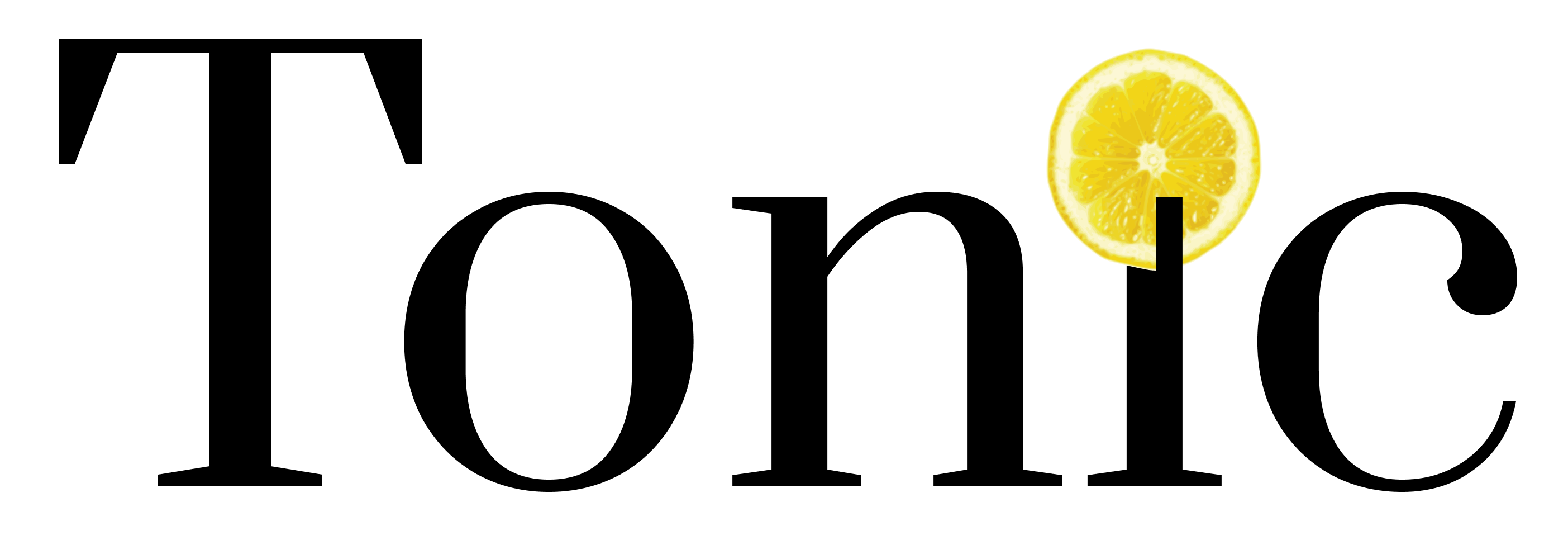import os
from typing import Any, Callable, Optional, Tuple
import numpy as np
import scipy.io as scio
from tonic.dataset import Dataset
from tonic.download_utils import extract_archive
from tonic.io import make_structured_array
[docs]class ASLDVS(Dataset):
"""`ASL-DVS <https://github.com/PIX2NVS/NVS2Graph>`_
::
@inproceedings{bi2019graph,
title={Graph-based Object Classification for Neuromorphic Vision Sensing},
author={Bi, Y and Chadha, A and Abbas, A and and Bourtsoulatze, E and Andreopoulos, Y},
booktitle={2019 IEEE International Conference on Computer Vision (ICCV)},
year={2019},
organization={IEEE}
}
Parameters:
save_to (string): Location to save files to on disk.
transform (callable, optional): A callable of transforms to apply to the data.
target_transform (callable, optional): A callable of transforms to apply to the targets/labels.
transforms (callable, optional): A callable of transforms that is applied to both data and
labels at the same time.
"""
url = "https://www.dropbox.com/sh/ibq0jsicatn7l6r/AACNrNELV56rs1YInMWUs9CAa?dl=1"
filename = "ASLDVS.zip"
file_md5 = "33f8b87bf45edc0bfed0de41822279b9"
folder_name = ""
classes = [chr(letter) for letter in range(97, 123)] # generate alphabet
int_classes = dict(zip(classes, range(len(classes))))
sensor_size = (240, 180, 2)
dtype = np.dtype([("t", int), ("x", int), ("y", int), ("p", int)])
ordering = dtype.names
def __init__(
self,
save_to: str,
transform: Optional[Callable] = None,
target_transform: Optional[Callable] = None,
transforms: Optional[Callable] = None,
):
super().__init__(
save_to,
transform=transform,
target_transform=target_transform,
transforms=transforms,
)
if not self._check_exists():
self.download()
# extract zips within zip
for path, dirs, files in os.walk(self.location_on_system):
dirs.sort()
for file in files:
if file.startswith("Yin") and file.endswith("zip"):
extract_archive(os.path.join(self.location_on_system, file))
for path, dirs, files in os.walk(self.location_on_system):
dirs.sort()
files.sort()
for file in files:
if file.endswith("mat"):
self.data.append(path + "/" + file)
self.targets.append(self.int_classes[path[-1]])
[docs] def __getitem__(self, index: int) -> Tuple[Any, Any]:
"""
Returns:
(events, target) where target is index of the target class.
"""
events, target = scio.loadmat(self.data[index]), self.targets[index]
events = make_structured_array(
events["ts"],
events["x"],
self.sensor_size[1] - 1 - events["y"],
events["pol"],
dtype=self.dtype,
)
if self.transform is not None:
events = self.transform(events)
if self.target_transform is not None:
target = self.target_transform(target)
if self.transforms is not None:
events, target = self.transforms(events, target)
return events, target
[docs] def __len__(self):
return len(self.data)
def _check_exists(self):
return (
self._is_file_present()
and self._folder_contains_at_least_n_files_of_type(100800, ".mat")
)
